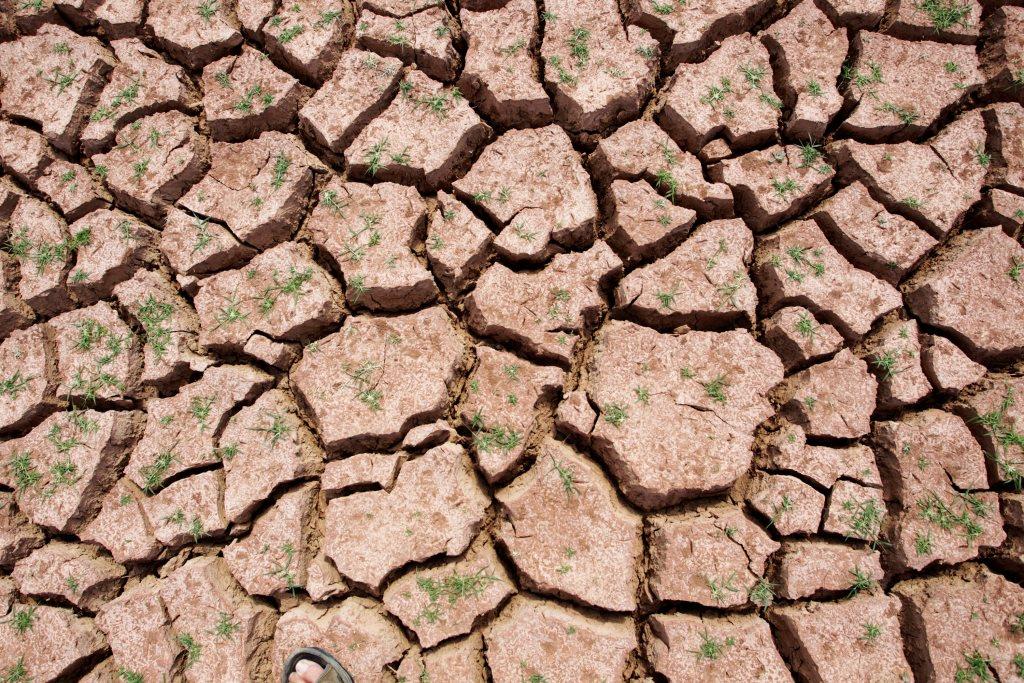Image: Cracked ground is pictured at the almost dried out Maria Cristina reservoir near Castellon, Spain, July 25, 2014.
By Alister Doyle
OSLO (Reuters) – Global warming is on track to disrupt the Mediterranean region more than any droughts or heatwaves in the past 10,000 years, turning parts of southern Europe into desert by the end of the century, scientists said on Thursday.
Average temperatures in the region have already risen by 1.3 degrees Celsius (2.3 Fahrenheit) since the late 19th century, well above the world average of 0.85C (1.5F), according to the study led by France’s Aix-Marseille University.
Man-made climate change “will likely alter ecosystems in the Mediterranean in a way that is without precedent” in the past 10,000 years unless governments quickly reduce greenhouse gas emissions, the researchers wrote in the journal Science.
With unchecked warming, deserts would expand in southern Spain and Portugal, northern parts of Morocco, Algeria and Tunisia and other regions including Sicily, southern Turkey and parts of Syria, it showed.
And it would dramatically shift vegetation in the region, famed for umbrella pines, olive groves, and holm oaks.
Last year, almost 200 governments agreed in Paris to limit the rise in average world surface temperatures to “well below” 2C above pre-industrial times, ideally 1.5C. Governments will meet in Morocco next month to review the accord.
Only the 1.5C global goal would ensure Mediterranean ecosystems stay within bounds of the past 10,000 years, the study said. Debate about cutting emissions “is urgent for such sensitive regions,” lead author Joel Guiot of Aix-Marseille University told Reuters.
The Mediterranean is sensitive to global warming partly because Atlantic storms are likely to shift northwards, meaning more sun and less rain.
The scientists reconstructed past climates by studying pollen in layers of mud in lakes. More oak pollen, for instance, suggested humid and temperate climates while more fir and spruce pollen indicated chillier conditions, he said.
In history, some natural hot periods and droughts have coincided with social upheaval in the Mediterranean region, such as around 1400 when many people in the Ottoman Empire abandoned unproductive farms to become nomads.
Last year, a study in the U.S. journal Proceedings of the National Academy of Sciences said there was evidence that man-made climate change had added to a 2007-10 drought in Syria that was a contributing factor to the civil war.
And Thursday’s research did not consider other changes in farming that can hasten desertification, such as around Almeria in southern Spain.
(Reporting By Alister Doyle; Editing by Angus MacSwan)
Copyright 2016 Thomson Reuters. Click for Restrictions.


